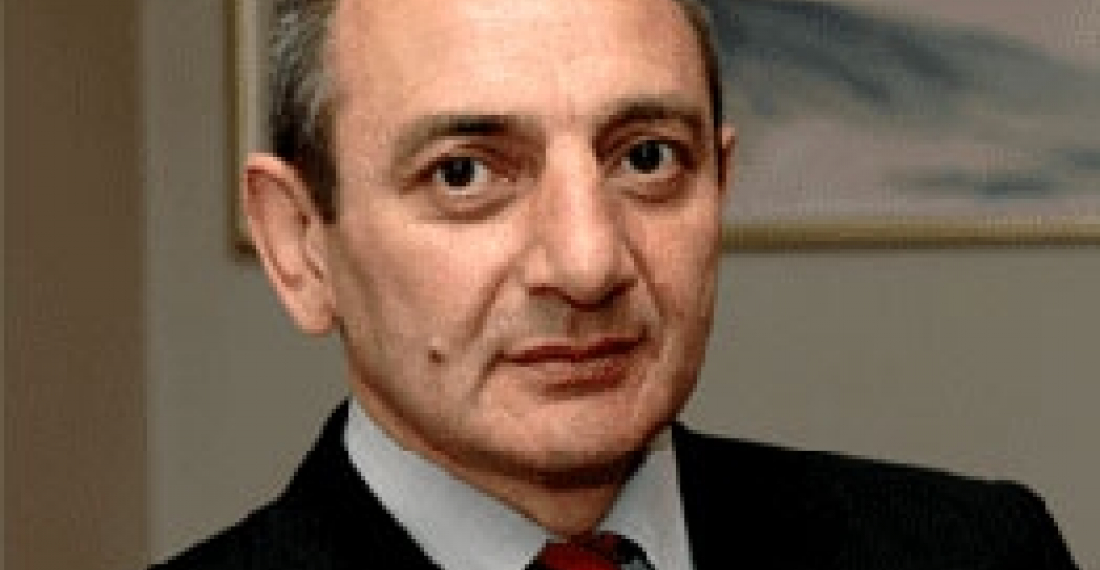The Nagorno-Karabakh Republic will continue its efforts to attain its international recognition, and nosituation can force us to deviate from this road, President of theNagorno-Karabakh Republic Bako Sahakyan said during a meeting of theScientific Council of the Russian-Armenian (Slavonic) University onWednesday.
Sahakyan said that the international community is not ready for awide discussion of this issue. "Our position has been made known to
the world. Our international recognition is one of the top prioritiesof our political agenda," the NKR President said.
He believes that the international recogntion of the de factoindependent Nagorno-Karabakh Republic is the most realistic and
possible way to settle the Nagorno-Karabakh conflict. "Only afterthat will it be possible to speak about the settlement of the conflict with Azerbaijan," Sahakyan said.







